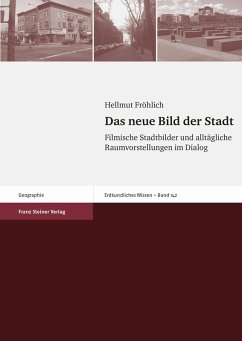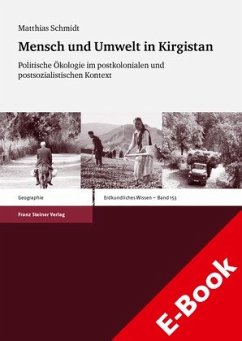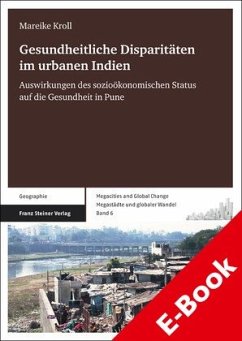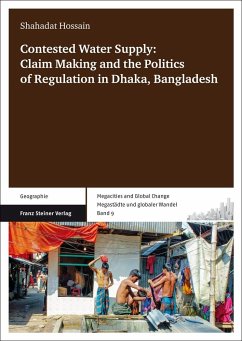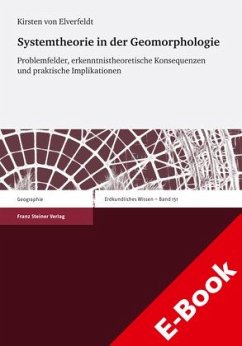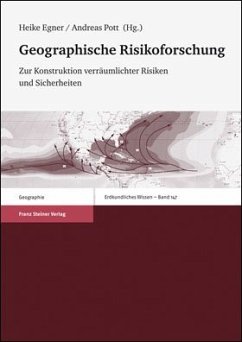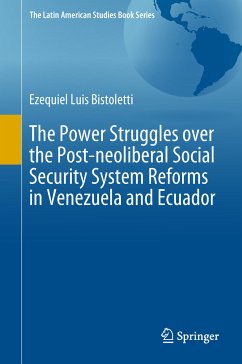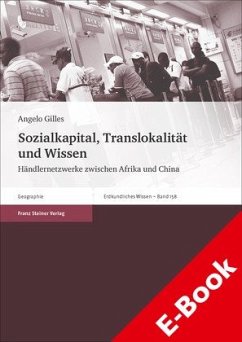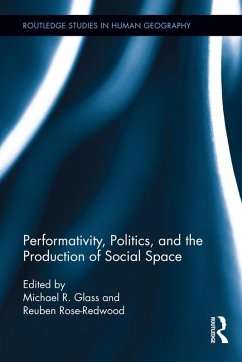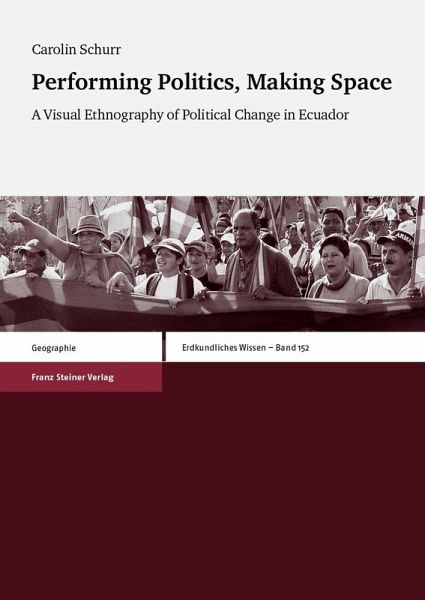
Performing Politics, Making Space (eBook, PDF)
A Visual Ethnography of Political Change in Ecuador

PAYBACK Punkte
0 °P sammeln!
Constructing more inclusive political spaces has been a central concern of social movements in postcolonial societies. This e-book engages with Ecuador's recent processes of political transformation by questioning to what extent these contribute to a decolonization of Ecuador's democracy. Based on visual ethnographic research in Ecuadorian local politics, it interrogates the effect of women's and indigenous people's political participation on building more inclusive, intercultural political spaces. The volume develops a poststructuralist electoral geography capturing the embodied, emotional, a...
Constructing more inclusive political spaces has been a central concern of social movements in postcolonial societies. This e-book engages with Ecuador's recent processes of political transformation by questioning to what extent these contribute to a decolonization of Ecuador's democracy. Based on visual ethnographic research in Ecuadorian local politics, it interrogates the effect of women's and indigenous people's political participation on building more inclusive, intercultural political spaces. The volume develops a poststructuralist electoral geography capturing the embodied, emotional, and intersectional performances that produce political spaces. In doing so, it breaks new empirical ground and expands the field of electoral geography, connecting it to current conceptual debates in human geography.
Dieser Download kann aus rechtlichen Gründen nur mit Rechnungsadresse in A, B, BG, CY, CZ, D, DK, EW, E, FIN, F, GR, HR, H, IRL, I, LT, L, LR, M, NL, PL, P, R, S, SLO, SK ausgeliefert werden.




